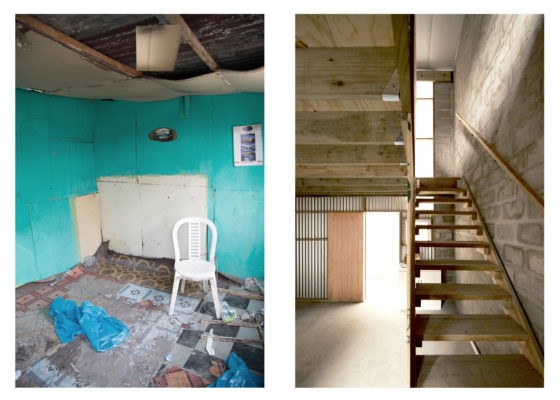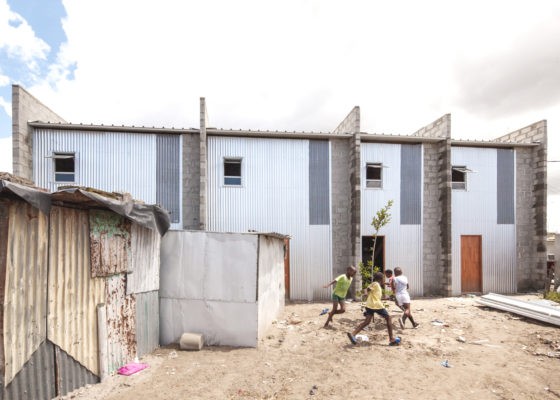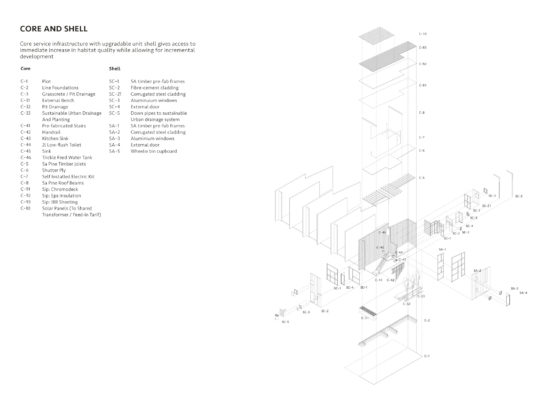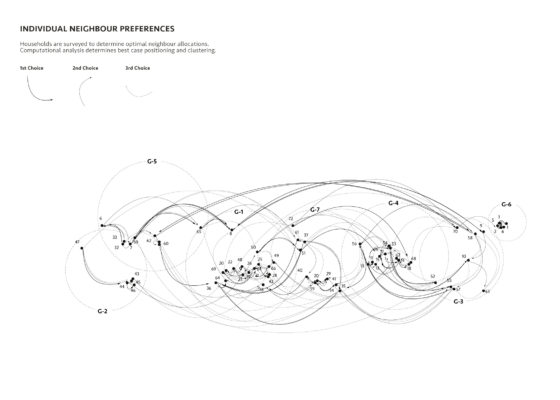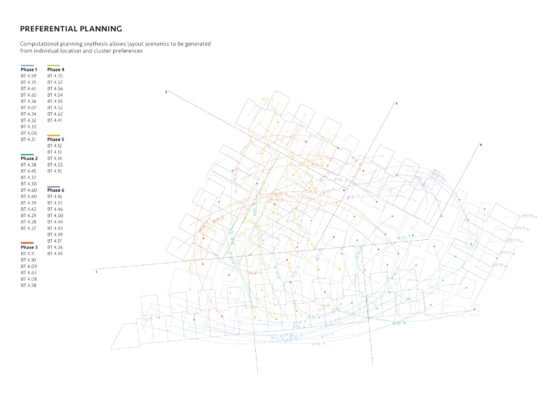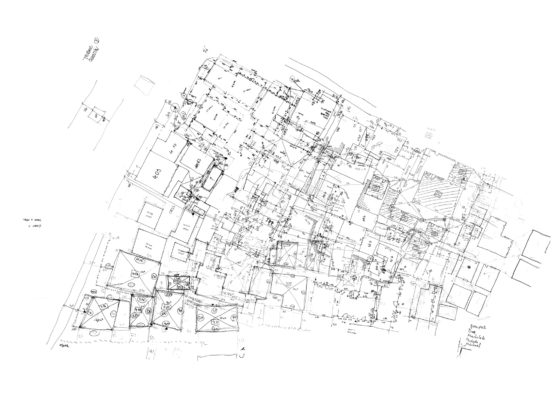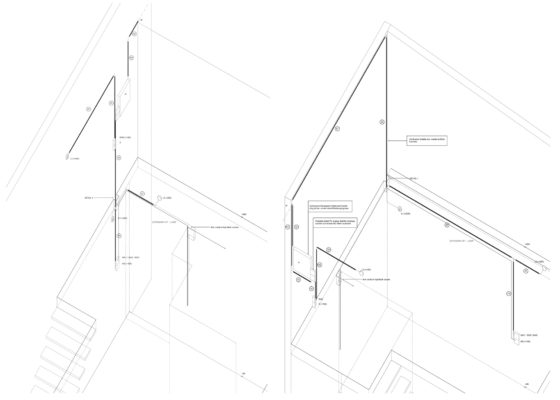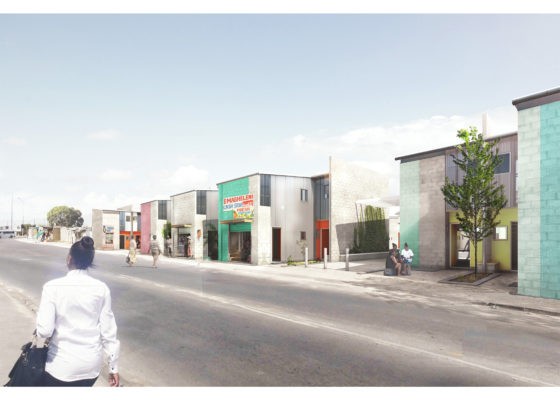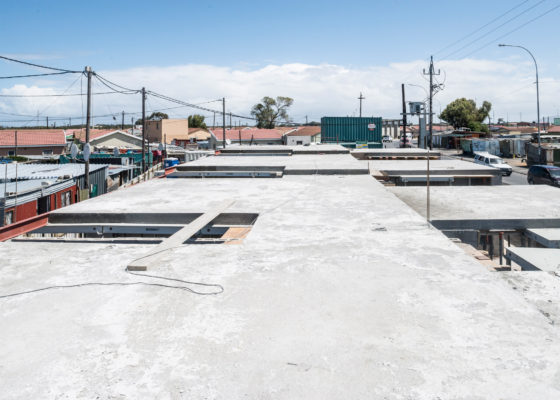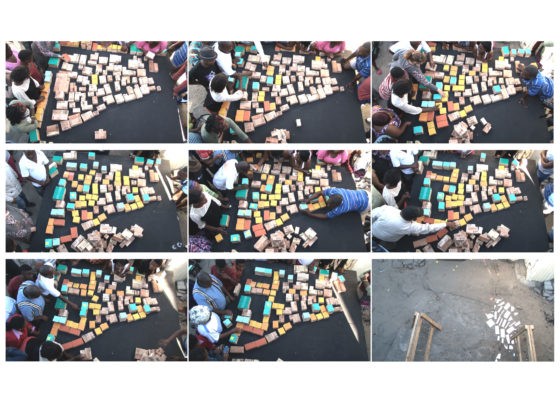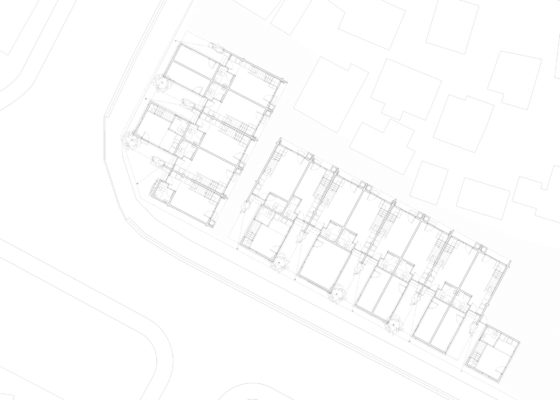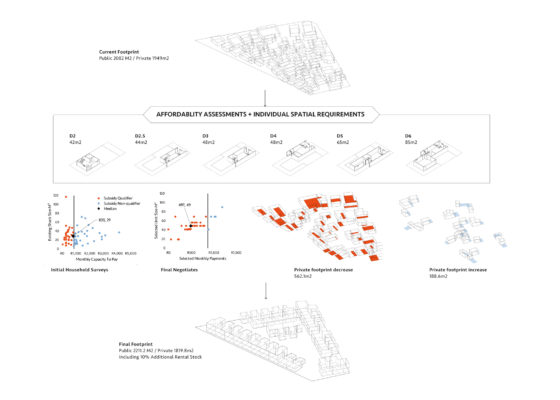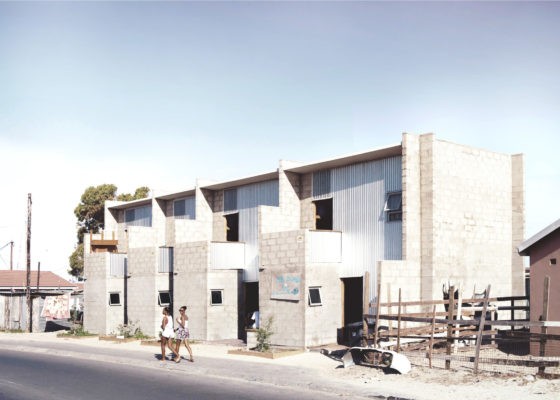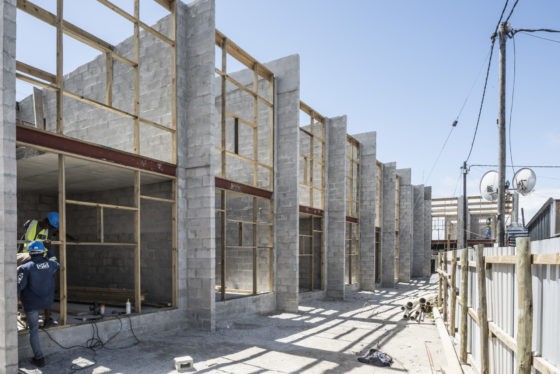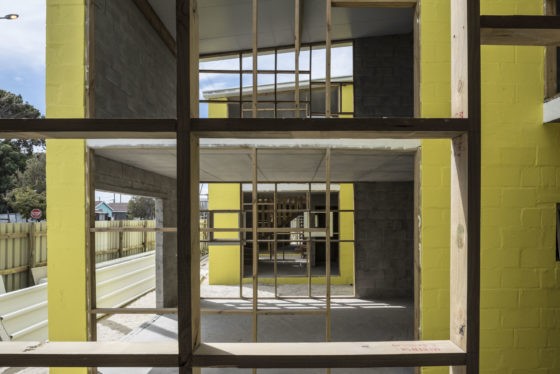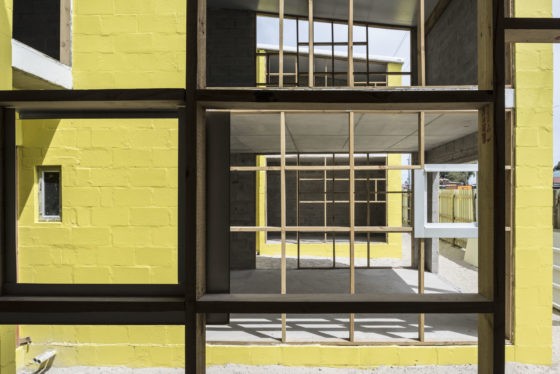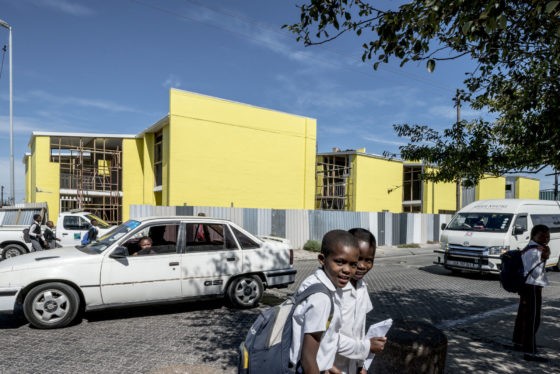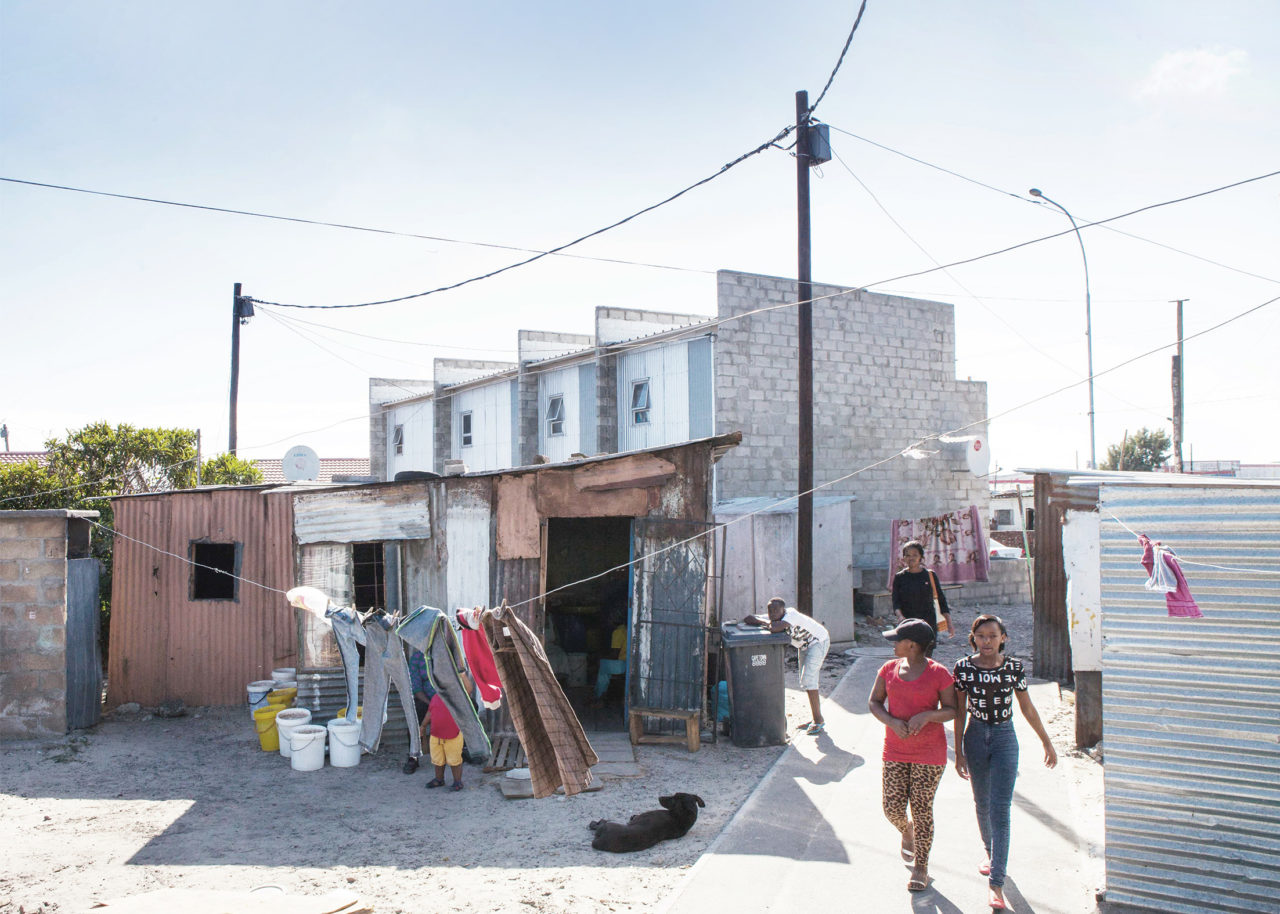
The Empower project uses applied design research and organizational models to address the current deficit in urban land readjustment through the development, implementation and evaluation of 42 housing units and integrated urban systems. The research is conducted under the tracks: (A) Land Readjustment methodology, (B) Stakeholder Relationship Arrangements and (C) Digital Tools for preferential city making.
Emerging practices in social organisation and digital processes have uncovered the potential to address the failures of traditional planning frameworks to address the complexity and dynamic of both contemporary urban environments and citizen agency. Both these developments are geared at decentralisation, and concomitantly offer radical alternatives to addressing both the increasing complexity of urban planning and the emergent demands for citizen participation in the digitalized societies (Castells 2010).
This includes the integration of citizens as stakeholders, matching infrastructure and services to demand and responding to personalised processes of incremental development. In addition, the quantifiers and structure of planning frameworks often neglect the potentials for alternative development scenarios. Although participatory planning methods do exist, they struggle to articulate a clear and effective approach to truly empowering interventions (Pieterse 2014) or respond to scale. Furthermore, they are often directed at benefiting project focused interest groups and serve to exclude those marginalised by often exclusive planning language and processes.
Methods and Results
The Empower project uses applied design research methods and organizational models to address the current deficit in urban land readjustment in South Africa. The project includes the development, implementation and evaluation of an insitu urban upgrade methodology consisting 42 housing units and integrated urban systems. The aims are to establish a replicable and scalable set of application focused tools to manage the interface between planning professionals, non-government organisations, community groups and municipal authorities. The project implements the tools in the process of a live urban upgrade environment and henceforth responds directly to the research gap that currently compounds the cleft between policy theory and the lived experience of the vast majority of informal settlement populations. The research is conducted under the tracks: (A) Land Readjustment methodology, (B) Stakeholder Relationship Arrangements and (C) Digital Tools for preferential city making. To date the research has resulted: (A) a procedural methodology for urban land readjustment including customised bridge contracts for incremental unit development to formal compliance, (B) stakeholder relationship arrangement recommendations (C) New digital planning tools to synthesis individual resident and neighbour cluster preferences with municipal planning frameworks.
Scott Lloyd MSc ETH Arch coordinates the Urban-Think Tank Chair of Architecture and Urban Design’s «Empower» project. The IA and MIS chairs at ETH Zurich are collaborating on methodological and analytic tools, while the project is supported by the Swiss Re Foundation.
